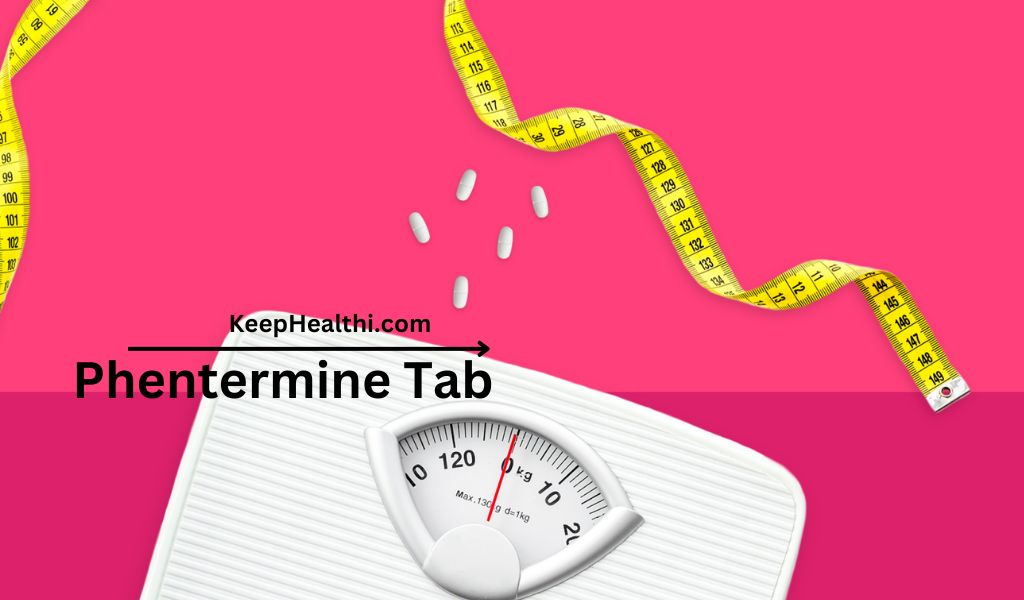Learn about phentermine, its uses, dosage, side effects, and important warnings for safe and effective weight loss management in 2024.
Phentermine is a prescription medication used primarily for weight loss. Understanding its uses, dosage, potential side effects, and important warnings is crucial for safe and effective treatment. Here’s everything you need to know about phentermine.
Contents
What is Phentermine?
Phentermine is an appetite suppressant that affects the central nervous system. It is used in conjunction with diet and exercise to treat obesity, especially in people with risk factors such as high blood pressure, high cholesterol, or diabetes. Phentermine is typically prescribed for short-term use due to its potential for dependence and abuse.
Uses of Phentermine
- Weight Loss: Phentermine is prescribed for short-term weight management in individuals with obesity.
- Appetite Suppression: It works by reducing hunger, making it easier to adhere to a reduced-calorie diet.
Dosage and Administration
Phentermine dosage varies based on individual response and weight loss goals. Here’s a general guideline:
- Typical Dosage: The recommended dose is 15-37.5 mg once daily, usually taken before breakfast or 1-2 hours after breakfast.
Potential Side Effects
Phentermine can cause side effects, especially during the first few weeks of treatment. Common side effects include:
- Increased Heart Rate: It may cause an increase in heart rate.
- Dry Mouth: Many users experience dryness in the mouth.
- Insomnia: Difficulty sleeping can occur, especially if taken too late in the day.
- Nervousness: Some individuals may feel jittery or anxious.
- Constipation: Gastrointestinal changes like constipation can occur.
- Headache: Mild to moderate headaches may be experienced.
Warnings and Precautions
Before taking phentermine, inform your doctor if you have:
- History of heart disease or high blood pressure
- Thyroid disorder
- Glaucoma
- History of drug or alcohol abuse
Phentermine can interact with other medications, including antidepressants and medications for weight loss or appetite control. Always inform your healthcare provider about all medications and supplements you are taking to avoid interactions.
Safe Use and Storage
To use phentermine safely:
- Follow Prescription: Take phentermine exactly as prescribed by your doctor. Do not exceed the recommended dosage.
- Monitor Progress: Regularly monitor your weight and discuss progress with your healthcare provider.
- Avoid Alcohol: Alcohol can increase the risk of side effects.
- Store Securely: Keep phentermine out of reach of children and pets.
When to Seek Medical Attention
If you experience severe side effects such as chest pain, shortness of breath, and swelling of the legs, or if you notice signs of an allergic reaction (e.g., rash, itching, swelling), seek medical attention immediately.
Conclusion
Phentermine can be an effective tool for short-term weight loss when used in combination with diet and exercise. However, it is important to use it responsibly under the guidance of a healthcare provider due to its potential for side effects and dependency. Always communicate openly with your doctor about your experience and any concerns.
Stay informed and prioritize your health and well-being.

